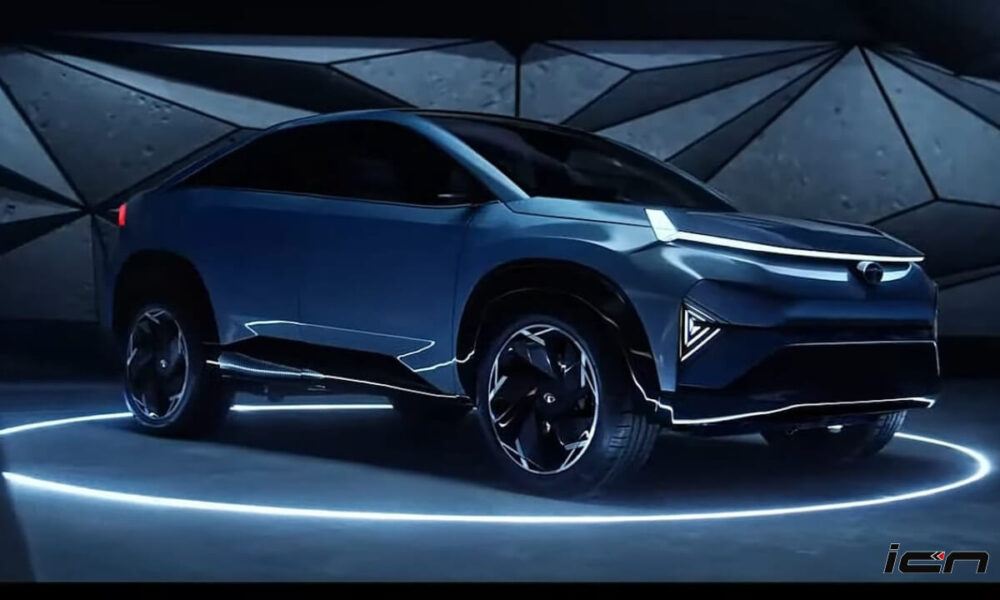Buying a car is one of the most significant financial decisions many people will make, and it’s important to approach it with careful consideration. Whether you’re a first-time buyer or looking to upgrade, asking the right questions can help ensure you make a wise investment. To guide you through the process, here are 10 essential questions to ask before buying a car. These questions will help you evaluate your options, avoid buyer’s remorse, and make a purchase that fits your needs and budget.
What is My Budget?
The first and most critical question is determining how much you can afford. It’s not just the sticker price you need to consider but also the ongoing costs such as insurance, fuel, maintenance, and taxes. By establishing a clear budget, you can narrow down your options and avoid overspending.
Factors to Include in Your Budget:
Monthly payments
Insurance premiums
Fuel efficiency and costs
Regular maintenance and repairs
Setting a clear budget prevents unnecessary financial strain and helps you focus on vehicles that fit within your price range.
Should I Buy New or Used?
The decision between buying a new or used car is another essential factor to consider. Each option has its advantages, and your choice will depend on factors like budget, reliability, and the latest features.
Benefits of a New Car:
Latest technology and safety features
Warranty protection
Customization options
Benefits of a Used Car:
Lower upfront cost
Slower depreciation
Wider range of models at a lower price point
Evaluate the pros and cons of each based on your priorities and financial situation.
What Type of Car Suits My Needs?
Next, think about your lifestyle and how you plan to use the car. Are you commuting daily, taking long road trips, or driving in the city? Knowing the purpose of the car will help you determine what type of vehicle (sedan, SUV, hatchback, etc.) best suits your needs.
Questions to Consider:
How many passengers will I typically have?
How much cargo space do I need?
Will I be driving in rough weather or terrain?
What are the Car’s Safety Features?
Safety should be a top priority when purchasing a car. Modern vehicles come with a variety of safety features, so it’s important to understand which ones are standard and which might cost extra.
Must-Have Safety Features:
Anti-lock brakes (ABS)
Airbags
Electronic stability control
Blind-spot monitoring
Lane departure warning
Make sure the car you choose offers the best possible protection for you and your passengers.
What is the Vehicle’s Fuel Efficiency?
Fuel efficiency is a crucial factor for long-term savings, especially if you drive frequently. Asking about the car’s miles per gallon (MPG) can give you a clear idea of the running costs.
Questions to Ask:
What is the city vs. highway MPG?
Is there a hybrid or electric option available?
Does the vehicle support eco-driving modes?
Fuel-efficient cars not only save money on gas but also contribute to lower emissions, making them more eco-friendly.
What Are the Maintenance Costs?
Maintenance costs can vary significantly between different makes and models. It’s essential to ask about the typical service intervals, cost of parts, and availability of certified mechanics for the car you’re considering.
Things to Research:
Are spare parts expensive?
How often does the car need servicing?
Is there a dealership nearby for repairs and service?
Choosing a vehicle with lower maintenance costs can save you a lot of money in the long run.
What is the Car’s Resale Value?
The resale value of a car can significantly impact the overall cost of ownership. Certain makes and models tend to retain their value better than others. If you plan to sell or trade in your car in the future, it’s important to choose one with good resale potential.
Questions to Ask:
How well does this model retain its value?
Are there historical trends in depreciation for this vehicle?
Cars with higher resale value will offer better returns when it’s time to sell.
What are the Financing Options?
For many people, buying a car outright is not an option. Asking about financing terms is essential to understand the total cost of the vehicle over time.
Key Financing Questions:
What interest rates are available?
Are there any special financing deals or incentives?
Can I qualify for pre-approval?
Comparing financing options can help you secure a better deal and lower your monthly payments.
Does the Car Come with a Warranty?
A vehicle’s warranty can protect you from unexpected repair costs. Warranties vary widely between manufacturers, so it’s essential to ask about the length and coverage.
Types of Warranties to Consider:
Manufacturer’s warranty
Powertrain warranty
Extended warranty options
Make sure you fully understand the warranty terms and what is covered before making your decision.
Can I Take the Car for a Test Drive?
Never buy a car without first taking it for a test drive. A test drive allows you to get a feel for the vehicle’s handling, comfort, and any potential issues.
What to Look for During the Test Drive:
How does the car handle on different terrains?
Are there any unusual sounds or vibrations?
Is the seating comfortable and ergonomic?
A thorough test drive can help you determine if the car is the right fit for you and highlight any red flags.
Conclusion
Buying a car is a significant investment, and asking the right questions can help you make an informed decision. By considering factors like budget, safety, fuel efficiency, and maintenance costs, you can narrow down your options and choose a vehicle that suits your lifestyle and financial situation. Don’t rush the process; take the time to research, ask questions, and test drive before making your final purchase.











